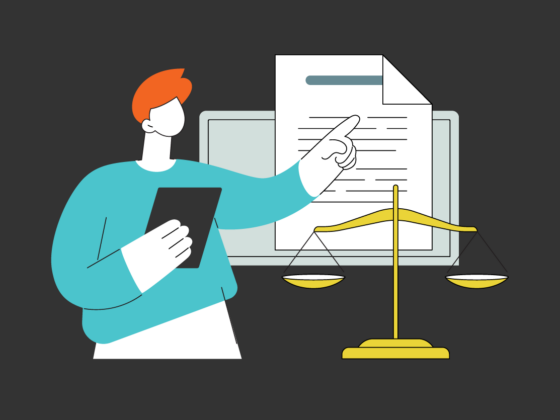This is the first in a two-part series looking at how Judges and Federal Rule-makers are attempting to make eDiscovery less expensive.
The last time the federal courts adopted new rules for the use of electronic evidence in litigation, things went pretty well. Everyone knew that courts needed rules to make lawyers take electronic evidence seriously, and in 2006, new rules were adopted. However, less than a decade later, it is obvious the discovery process is still broken, but the fix is going to be a lot harder to come by.
The current plan includes new language that will limit the scope of discovery to make affordable eDiscovery possible. That is, courts will impose a limit on the number of depositions, documents collected, or computers to be searched before a trial can start. The most recent proposed language says discovery must be:
…proportional to the needs of the case, considering the amount in controversy, the importance of the issues at stake in the action, the parties’ resources, the importance of the discovery in resolving the issues, and whether the burden or expense of the proposed discovery outweighs its likely benefit.
That is some beautifully crafted legalese; it’s obvious that a handful of very smart lawyers worked on that language. However, to put that high-minded language into practice is not going to be easy. For example, Judge Grimm (who we have spotlighted as one of the leading eDiscovery judges in the country) recently proposed an order that limits the amount of discovery to be pursued in a matter.
He suggests that in some cases, lawyers should only be allowed to ask for 15 categories of documents from just 10 custodians from the last five years. Only reasonably accessible sources shall be searched and parties should not be allowed to bill more than 160 hours for search and review services. Parties may have to show how effective their document searches were executed.
The Wrong Path to Affordable eDiscovery
Unfortunately, limiting the scope of discovery won’t save the trial. There are other ways to make eDiscovery affordable. Law.com published a nice recap of recent Senate debate over language to limit discovery. At least one influential Senator was rightly concerned that limiting the scope of discovery only limits a party’s access to justice.
U.S. Sen. Christopher Coons (D-Del.), who chairs the Subcommittee on Bankruptcy and the Courts said, “those limits would likely restrict plaintiffs in smaller cases in which discovery costs are not a problem…especially in employment, discrimination and consumer fraud cases, when most relevant evidence is in the possession of the defendant.”
Similarly, Sherrilyn Ifill, president of the NAACP Legal Defense and Educational Fund wonders if, “this is opening up a door to yet more time-consuming and expensive motions practice as we argue over what is proportional to the case.” Parties have to be allowed to limit the scope of discovery if they choose. A judge should step in if it seems the parties are being unreasonable or are suicidally taking on too much discovery. But it is wrong to say that parties should not be allowed to pursue all available data, custodians, sources, and documents.
Our friend Josh Gilliland at Bowtie Law suggests that the current obsession with proportionality can overshadow other important considerations. That is, parties should consider the accessibility of data before jumping into ill-conceived discussions to limit discovery. And blogger Ralph Losey says that Judge Grimm’s maximums would be overkill for the average small federal case.
He notes that even if you limit the number of billable hours to an eDiscovery vendor to 160 hours, as Grimm suggests, that does not necessarily solve the problem. Doing the math, a fairly standard rate of $350 per hour for such services would still cost $56,000, which would destroy the value of many small or medium-sized matters.
Proportionality is a great ideal and will help save litigation from undue burdens, but the best approach will depend on the particular facts and issues in any given case. Nextpoint certainly supports proportional discovery, but we believe there are more immediate and effective ways to limit costs in litigation. But more on that next week…






